Andrea Diefenbach, Deutschland
Republik Moldau: Kinder allein Zuhaus
Sie sind auf sich allein gestellt – doch oft versorgen sie auch ihre kleinen Geschwister. Manche haben das Glück, wenigstens von der Großmutter oder beiden Großeltern betreut zu werden. Fast jedes dritte Kind wächst ohne Vater oder Mutter in der Republik Moldau auf. Manche der Zurückgelassenen sehen ihre Eltern Monate oder auch Jahre nicht. Für Besuche reicht das Geld nicht aus, das die Eltern als Altenpfleger oder Erntehelfer in der Ferne verdienen. Auch müssen vielfach hohe Schleppergebühren zurückgezahlt werden. So bleiben über lange Zeiträume nur die Stimmen am Telefon oder das Gesicht auf dem Computer beim Skypen. Und es bleibt die Traurigkeit und die Einsamkeit auf beiden Seiten. Die deutsche Fotografin Andrea Diefenbach dokumentiert diese getrennten Welten in ihrem 2012 veröffentlichten Buch „Land ohne Eltern“.
Eine von UNICEF geförderte Studie zeigte bereits 2006, dass Kinder, die von ihren Eltern in der Heimat zurückgelassen wurden, oft sehr unter der Trennung leiden und sich mit der Zeit emotional distanzieren. Vor allem kleine Kinder tun sich in der Folge häufig generell schwer, soziale Kontakte zu entwickeln – auch zu Gleichaltrigen.
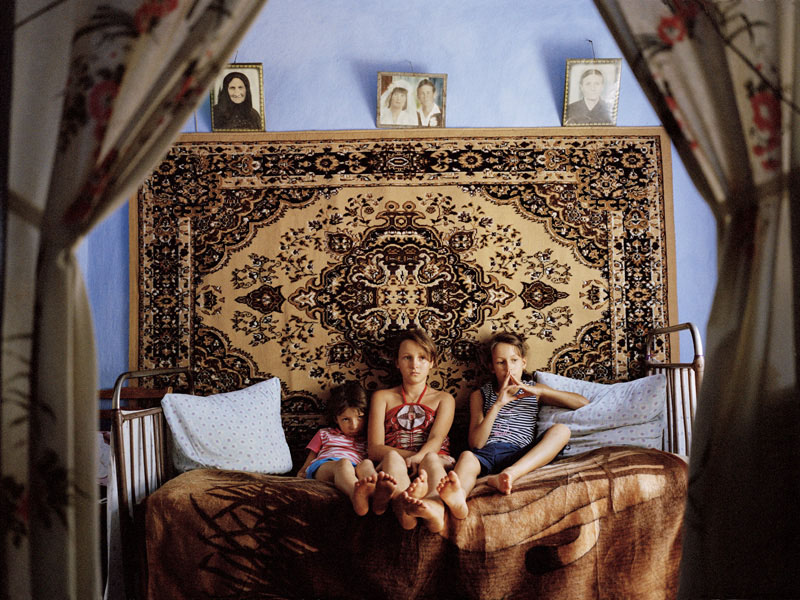 Bild 1 von 10 © Andrea Diefenbach/Freie Fotografin
Bild 1 von 10 © Andrea Diefenbach/Freie Fotografin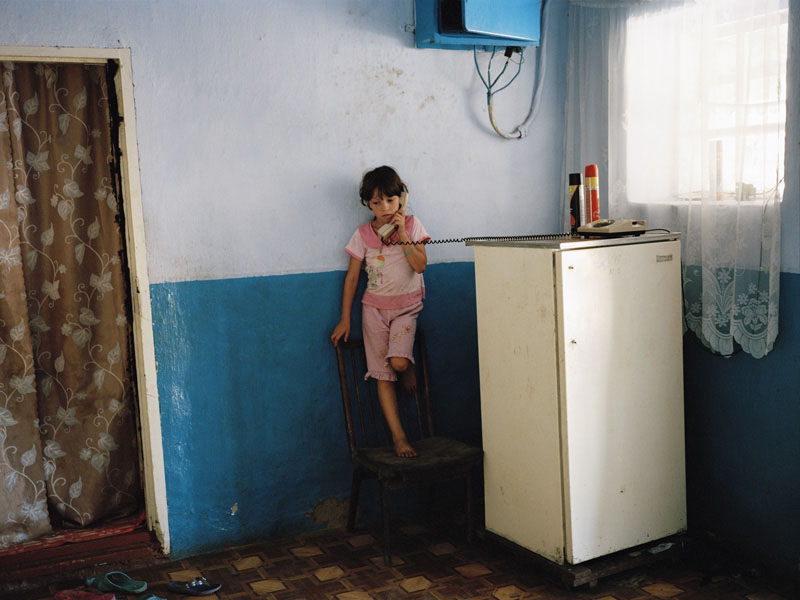 Bild 2 von 10 © Andrea Diefenbach/Freie Fotografin
Bild 2 von 10 © Andrea Diefenbach/Freie Fotografin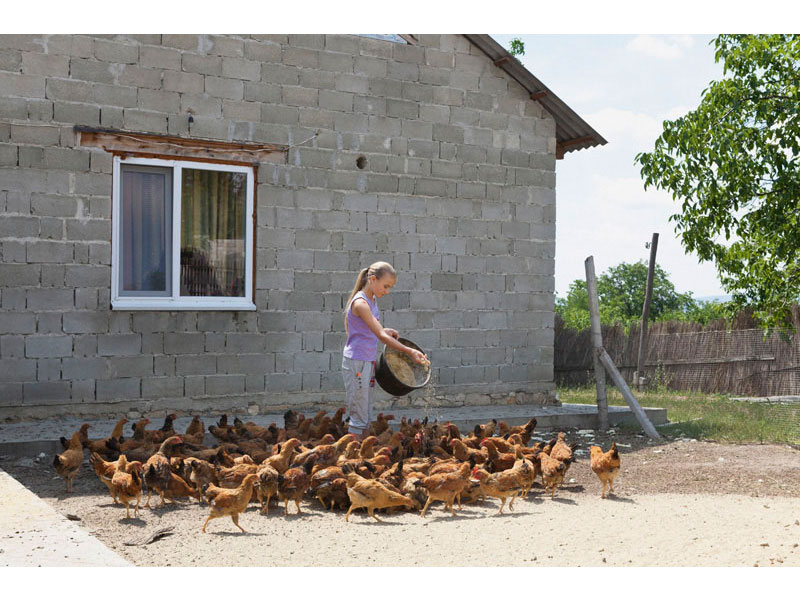 Bild 3 von 10 © Andrea Diefenbach/Freie Fotografin
Bild 3 von 10 © Andrea Diefenbach/Freie Fotografin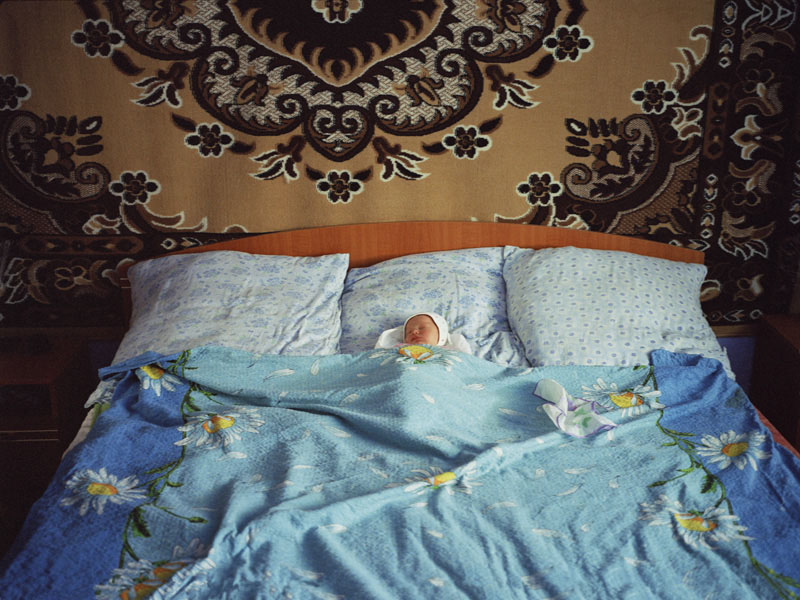 Bild 4 von 10 © Andrea Diefenbach/Freie Fotografin
Bild 4 von 10 © Andrea Diefenbach/Freie Fotografin Bild 5 von 10 © Andrea Diefenbach/Freie Fotografin
Bild 5 von 10 © Andrea Diefenbach/Freie Fotografin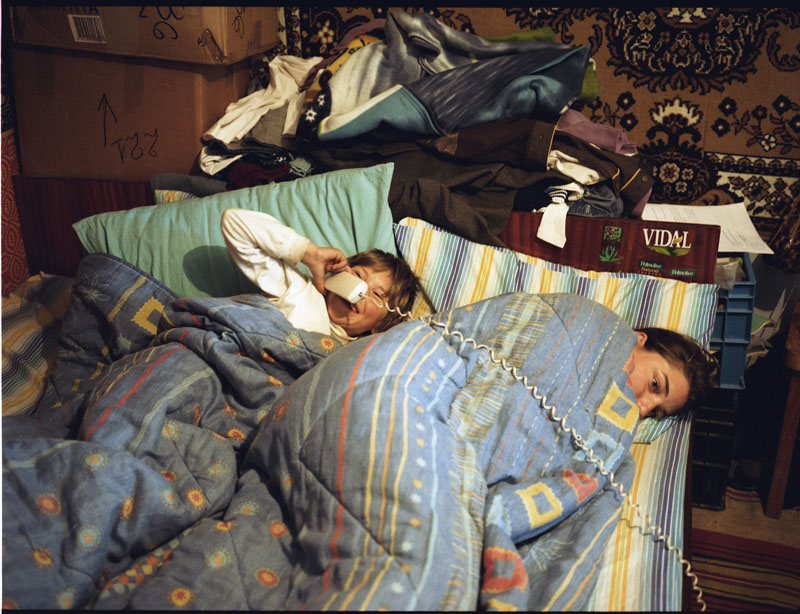 Bild 6 von 10 © Andrea Diefenbach/Freie Fotografin
Bild 6 von 10 © Andrea Diefenbach/Freie Fotografin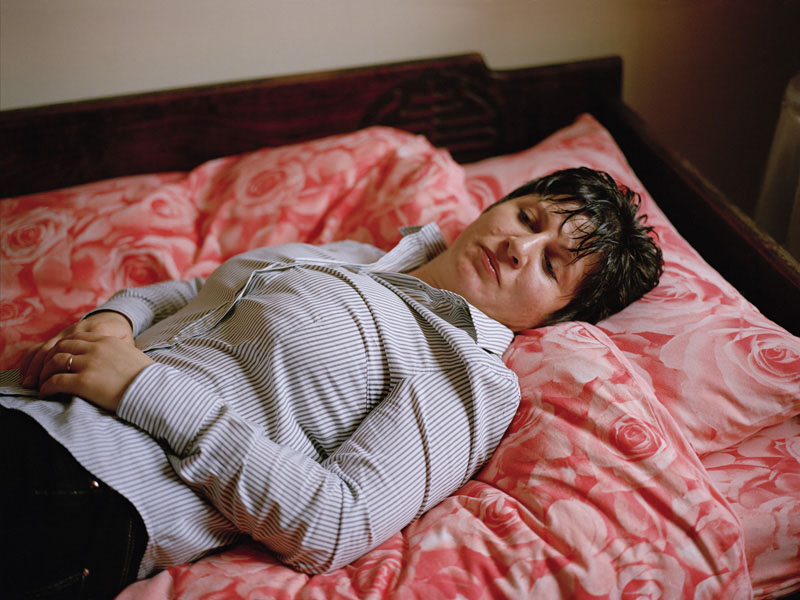 Bild 7 von 10 © Andrea Diefenbach/Freie Fotografin
Bild 7 von 10 © Andrea Diefenbach/Freie Fotografin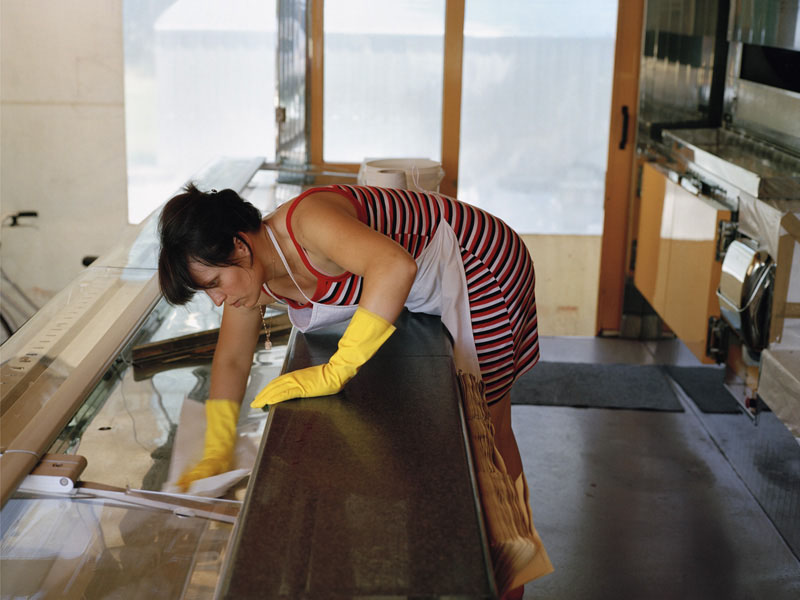 Bild 8 von 10 © Andrea Diefenbach/Freie Fotografin
Bild 8 von 10 © Andrea Diefenbach/Freie Fotografin Bild 9 von 10 © Andrea Diefenbach/Freie Fotografin
Bild 9 von 10 © Andrea Diefenbach/Freie Fotografin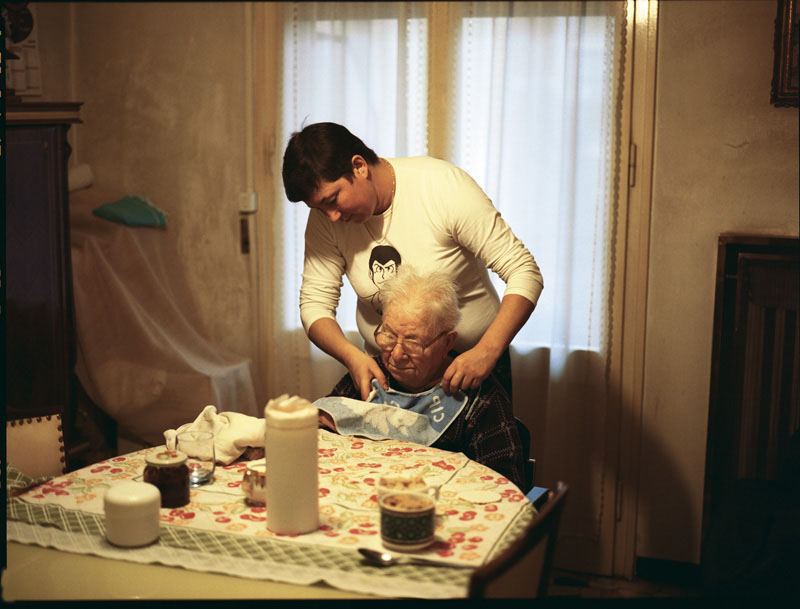 Bild 10 von 10 © Andrea Diefenbach/Freie Fotografin
Bild 10 von 10 © Andrea Diefenbach/Freie Fotografin
Biografie: Andrea Diefenbach
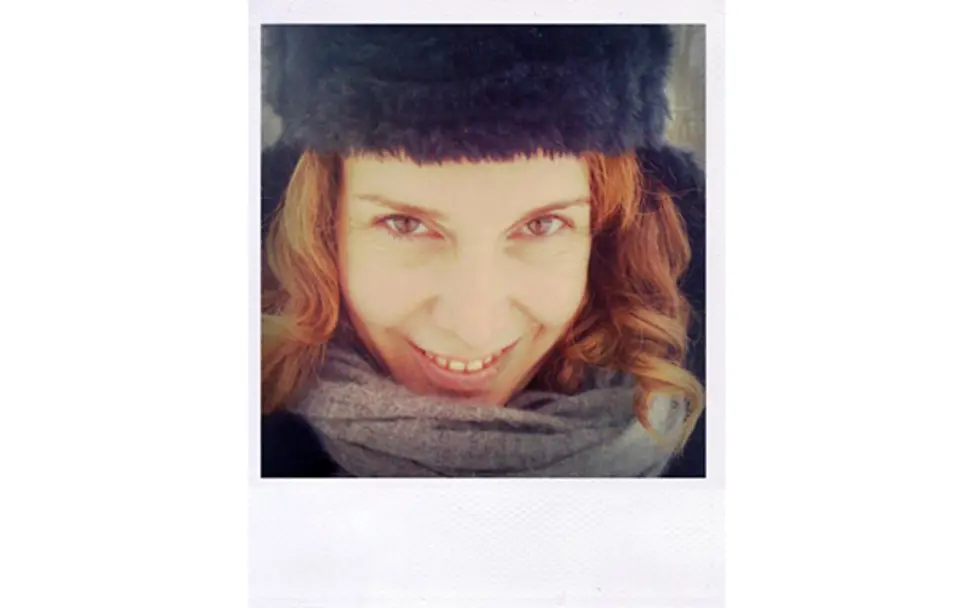
After having completed a degree in ‘Photojournalism’ at the ‘London College of Communication’ in 2006, Alex has begun to investigate and document critical socio-environmental issues and human rights abuses in countries such as India, Afghanistan, Nigeria and most recently Iraq. He has devoted his attention on exposing peculiar stories of human-made injustice, focusing mainly on children, their living conditions, their health, their human rights.
In the past 3 years Alex has visited Bhopal, India, several times documenting the severe water pollution in the city and its impact the local population, as a consequence to the poisonous chemicals left behind by Union Carbide (now DOW Chemical) after the infamous 1984 gas disaster. Most recently, he has collected testimonies and produced images exposing the mysterious sharp increase in birth defects in Fallujah, Iraq, after two fierce US-led sieges in 2004.
Alex believes documentary photography ought to be an active catalyst in promoting awareness, political and juridical change, and foster action by individuals, NGOs and governmental bodies. He strives to portray my subjects with intimacy and meaning. Alex aspires to convey emotions, to present images that stimulate our deeper and most innate feelings, our senses of empathy, justice, respect and brotherhood.
His work has appeared on international publications such as ‘GQ’, ‘Newsweek’, ‘The Guardian’, ‘The New York Times’, ‘Smithsonian Magazine’, ‘Foreign Policy’, ‘Vanity Fair’, ‘Marie Claire’, ‘VIEW (Stern)’, ‘El Pais Semanal’, ‘The National Magazine’, ‘Die Zeit’, ‘Welt am Sonntag’ and ‘Süddeutsche Zeitung Magazin’ among many others.
- 2. Platz: Abhijit Nandi - Leben als DrahtseilaktNach Schätzungen von UNICEF gibt es in Indien mehr als 29 Millionen Kinderarbeiter im Alter zwischen fünf und 14 Jahren. Der Abhijit Nandi betont, dass die Abschaffung der Schulgebühren allein nicht ausreicht, um die Probleme dieser Mädchen und Jungen zu lösen.
- 3. Platz: Andrea Gjestvang - Der schlimmste Tag ihres LebensDie Fotografin Andrea Gjestvang ist durch Schweden gereist, um 43 der 495 Jugendlichen, die das Massaker von Oslo und Utøya überlebt haben, zu porträtieren.
- 4. Platz: Laerke Posselt - SchönheitsköniginnenLaeke Posselt fand Zugang hinter den Kulissen solcher Schönheitswettbewerbe in Alabama, Georgia und South Carolina sowie zum Zuhause der Kleinen. Sie traf auf Offenheit und Sympathie. Gleichzeitig überfiel sie Unbehagen.